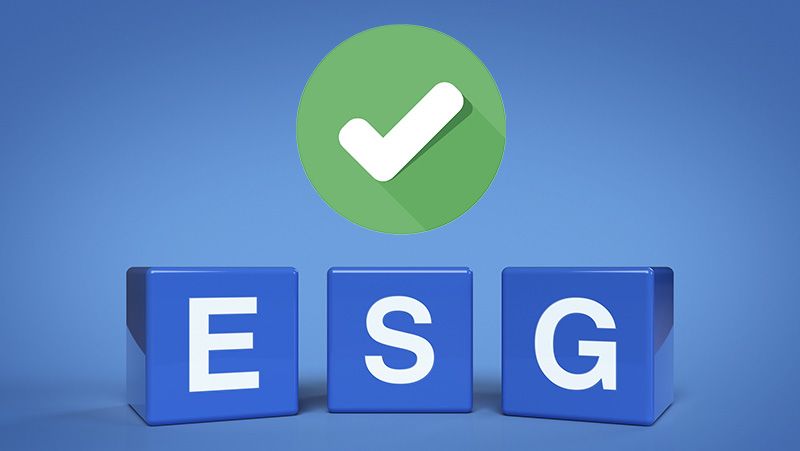Despite looming regulatory deadlines to report on ESG, just 29% of companies feel ready to have their ESG data independently verified, up only a fraction from nine months ago, according to research from KPMG.
The latest annual ESG Assurance Maturity Index assessed companies’ progress in preparing for the demands of ESG reporting and assurance, classifying organisations into Leaders (29%), Advancers (46%) and Beginners (26%) to calculate a maturity score.
It also found, although the percentage of companies in the Leaders category has grown, the gap between the average scores for Leaders and Advancers, compared to Beginners, has widened. The average score for Beginners fell by six percentage points, with the report warning these companies are reaching the point where concerted action is needed.
With regards to assurance, nearly two-thirds (63%) of organisations obtain limited assurance over some or all of their disclosures, while just over half (52%) receive reasonable assurance over some or all. However, this reasonable assurance is often over a very small number of critical KPIs, according to the research. With external assurance due to be a regulatory requirement in many jurisdictions within the next couple of years, companies will need to move further along the process to be ready.
The findings are based on responses from 1,000 senior executives and board members at organisations across industries, global regions and revenue sizes.
“Getting ready for ESG assurance is a journey – and companies are finding the further they get in that journey, the more there is to do and learn. The goal line is continually evolving. That is why progress may appear slow, even though many companies have truly been taking significant steps,” Larry Bradley, global head of audit at KPMG, said.
However, “this effort will pay off”, he concluded: “Boards are increasing their focus on it and Leaders are reporting a growing range of benefits as the discipline involved in getting ready for ESG assurance permeates across systems, processes, controls and governance.”
Other key findings
KPMG’s research also found the higher a company’s revenue, the more likely it is to be advanced in its ESG assurance preparations. At companies with revenues of over $100bn, for example, the score peaks at 69.5 (on a 0 – 100 scale), while for those with revenues under $5bn it is 39.3.
With supplier information and data key to many aspects of ESG, such as calculating Scope 3 carbon emissions, companies are also increasing their demands of suppliers. Among Leaders, over four in ten (42%) now place robust, product-specific requirements on their suppliers, up from 28% in 2023.
Further, more Leaders are requesting suppliers to provide ESG data into their systems (64%) and integrating ESG screening into supplier onboarding (48%). Moreover, there has been a rise in Leaders requesting the supplier obtain ESG assurance, although this is still at relatively early stages, increasing from 10% to 23%.
Meanwhile, the benefits of becoming ready for ESG assurance were found to go far beyond mere compliance, with key expected benefits including greater market share (56%), decreased costs (48%) and new business models (46%).
However, obtaining and maintaining sufficient internal skills and expertise was found to be the challenge most widely cited by respondents (44%), and applies across Leaders, Advancers and Beginners.
The research suggests obtaining appropriately skilled and experienced people is set to be a challenge for all, given so many businesses are looking for the same skillsets at the same time, and also the skills required are very specialised. Over half of companies (54%) surveyed said they are planning to hire externally as a result – and indeed amongst Leaders the proportion is higher still, at 59%, suggesting the further businesses advance in the process, the more skills requirements they discover they will need in order to reach full ESG reporting and assurance maturity.
Mike Shannon, global head of ESG assurance at KPMG, added: “Deadlines are getting closer and the pressure is on. It’s an area that is becoming an increasingly important focus for companies’ stakeholders – corporations now have to rise to the challenge.”








